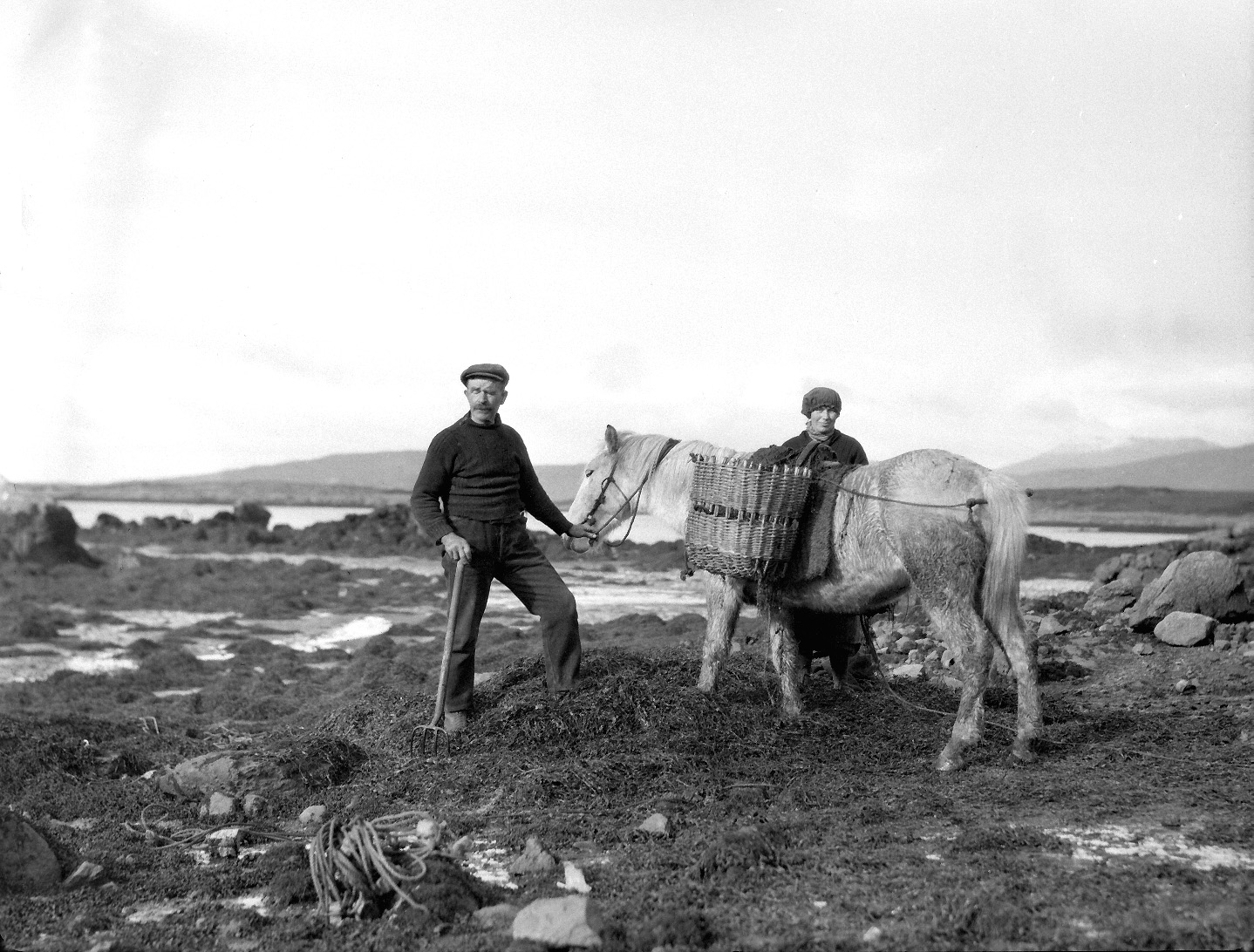
This soundwalk explores the traditions and ecology of Uist’s machair. A Gaelic word meaning fertile, low-lying grassy plain, machair is one of Europe’s rarest yet most species-rich habitats; only occurring on the exposed west-facing shores of Scotland and Ireland, 70% of which is found on Uist. Generations of low-intensity farming have shaped this unique landscape and encouraged wildlife over millennia. Developed in partnership with the local community, this work combines spoken narratives, field recordings, and compositions with archival sound recordings from Edinburgh University’s School of Scottish Studies, that chart over 70-years of recorded history.
This work was commissioned by Dandelion and Taigh Chearsabhagh Museum & Arts Centre, with funds from Event Scotland.
Credits
Production Team: Duncan MacLeod (composer), Mairi McFadyen (creative ethnologist), and Sorcha Monk (creative producer),
Contributors: Alisdair MacEachen, Freddie MacDonald, Seoras MacDonald, and Matthew Topsfield.
Hosted by: Taigh Chearsabhagh Museum & Arts Centre, Lochmaddy, Isle of North Uist


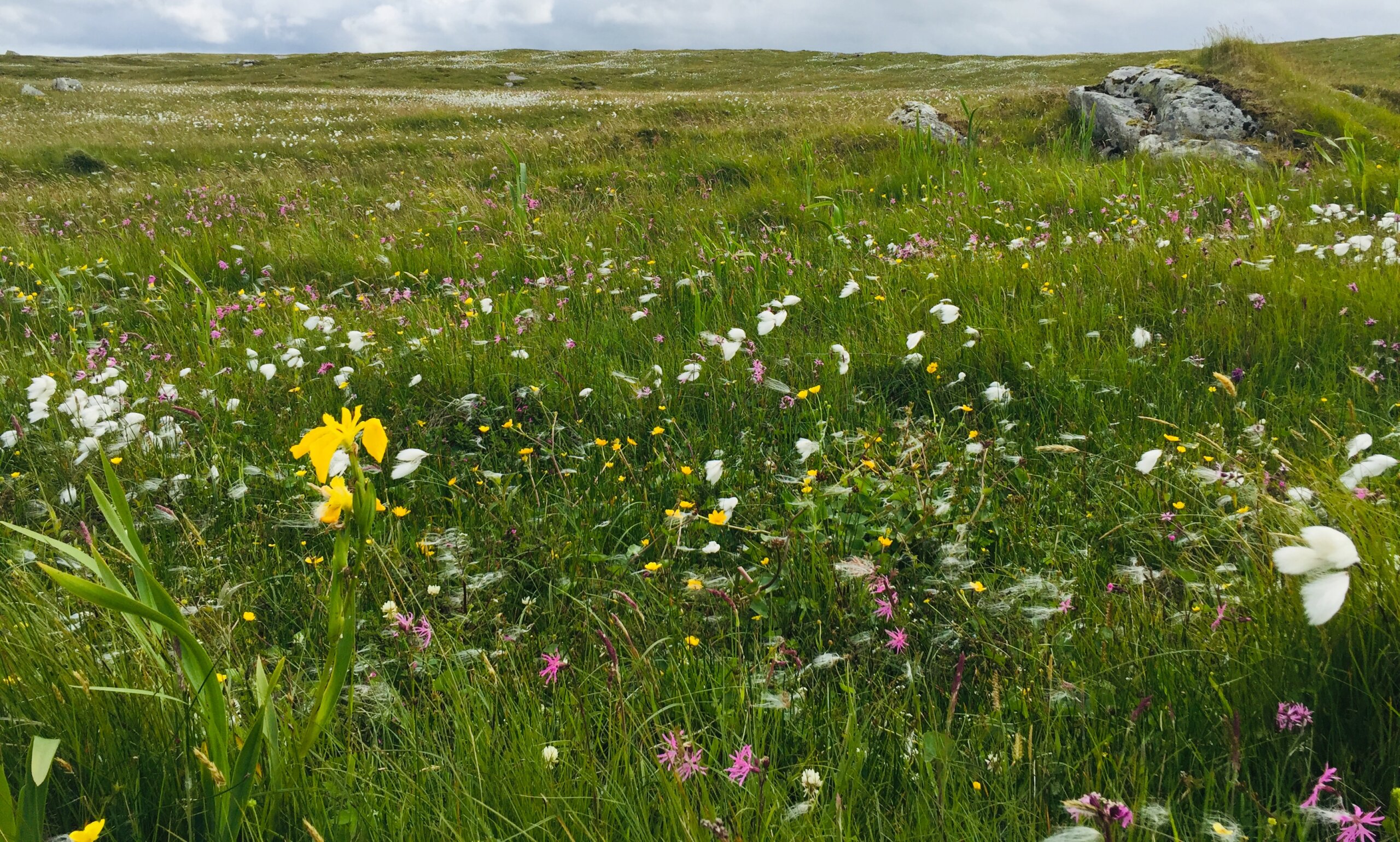



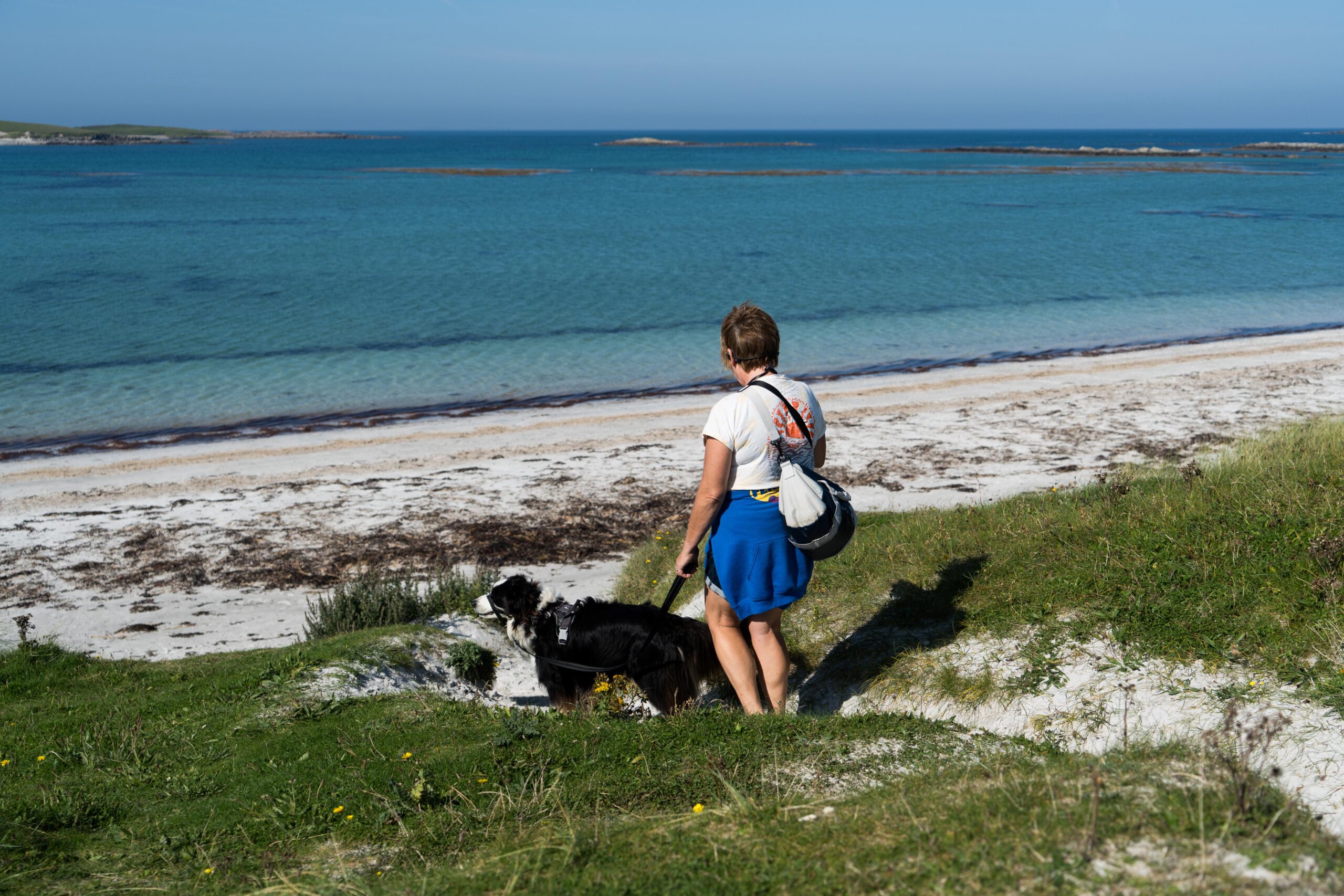

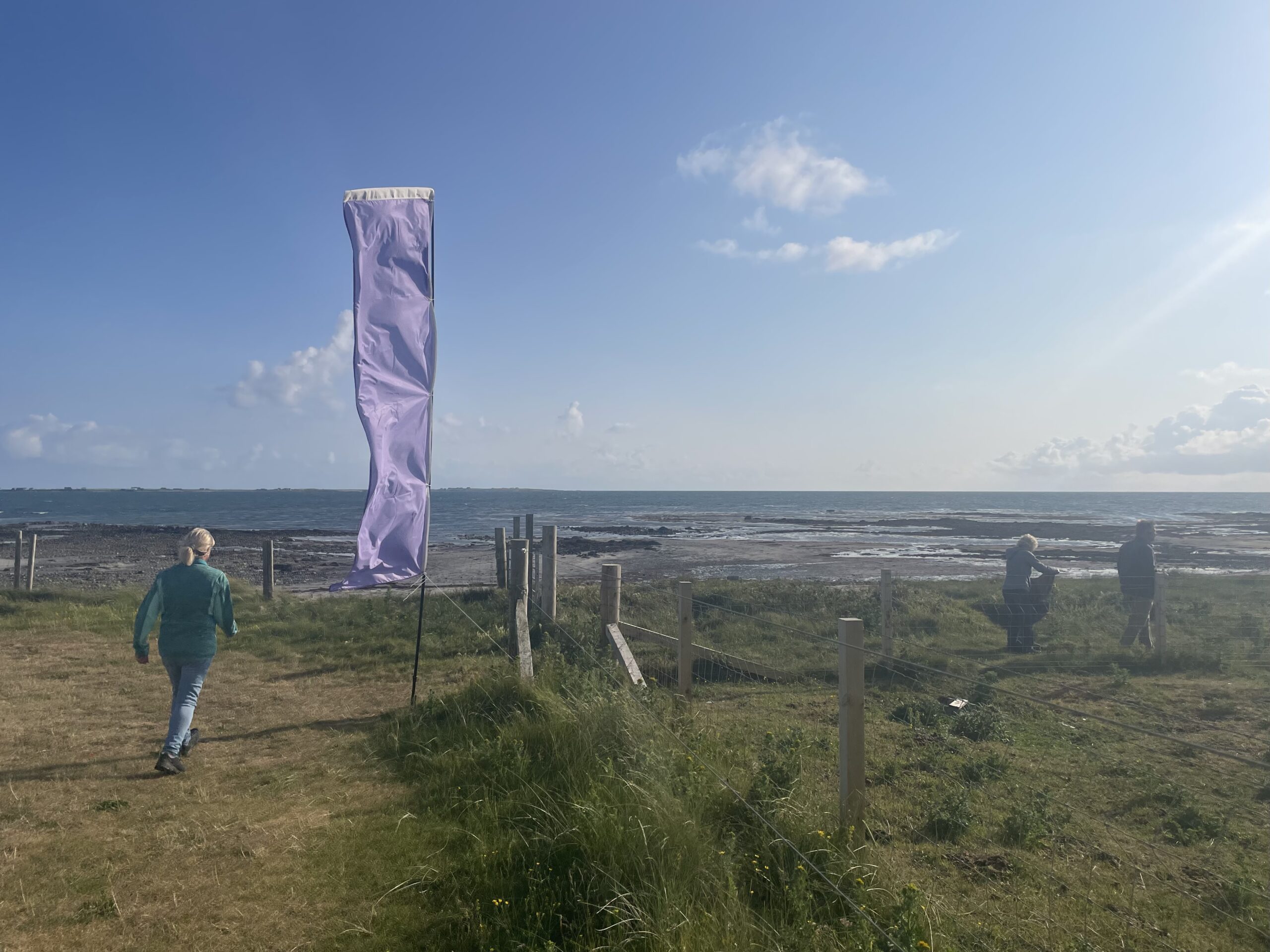

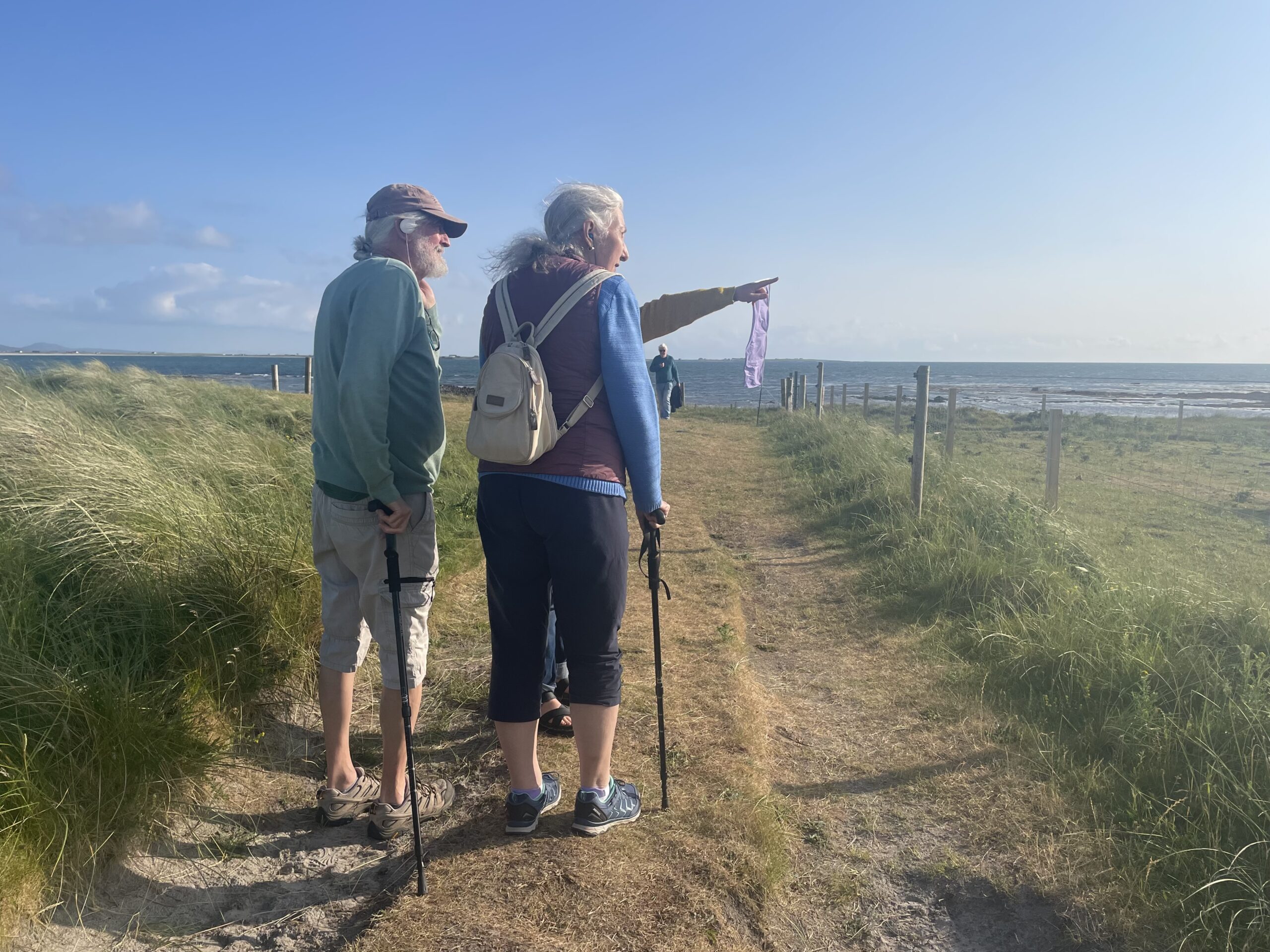

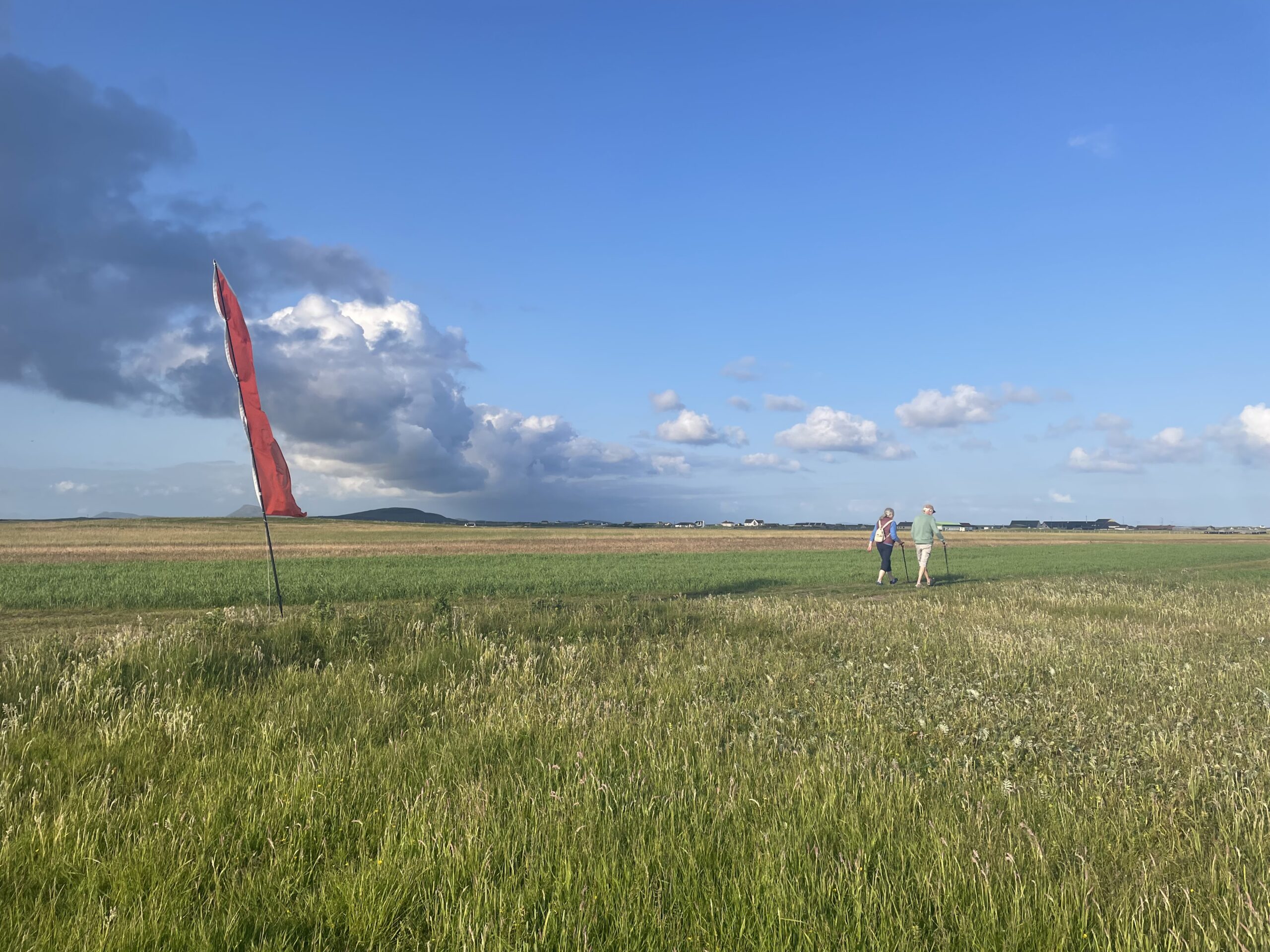

2 thoughts on “Machair”